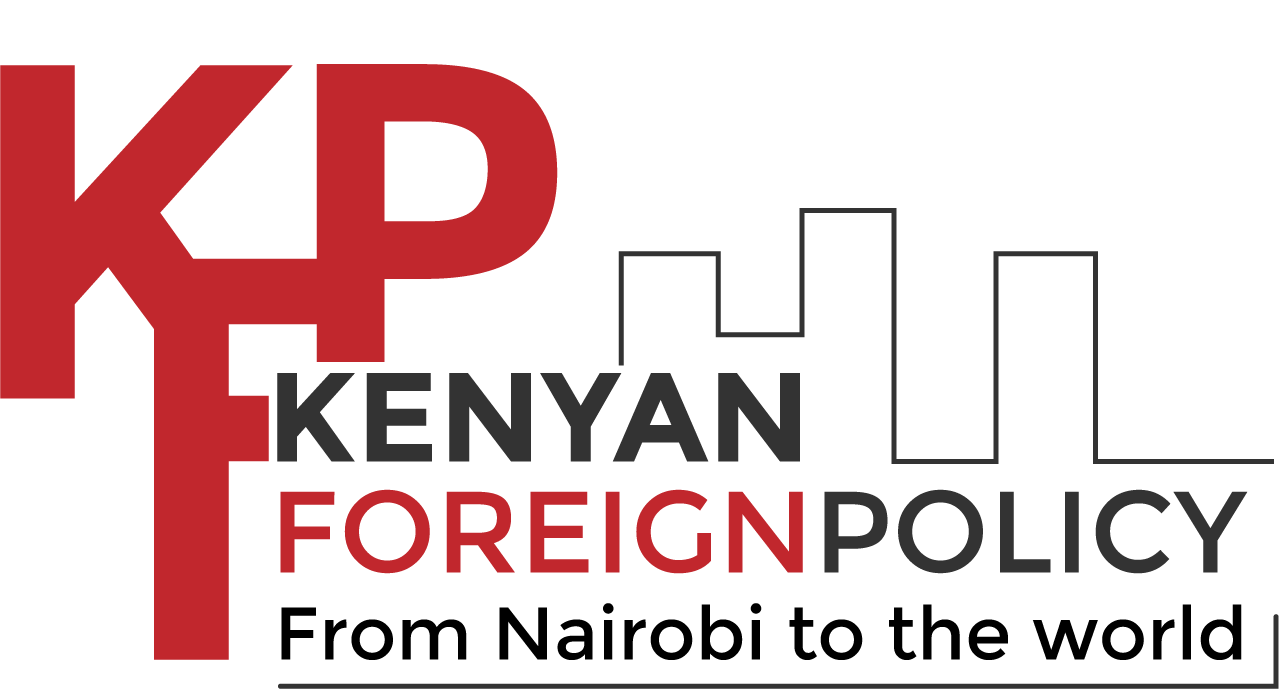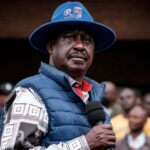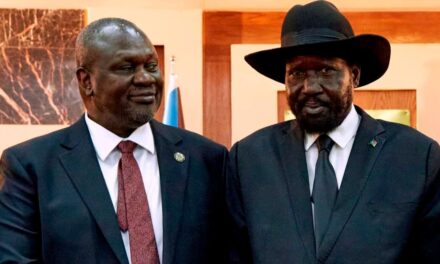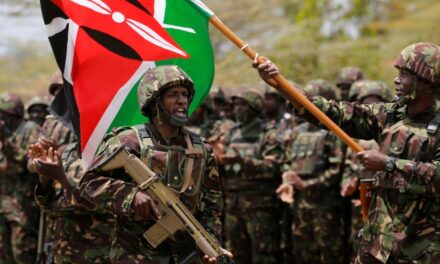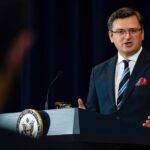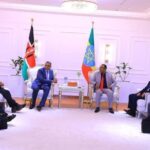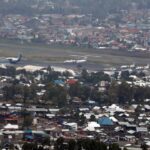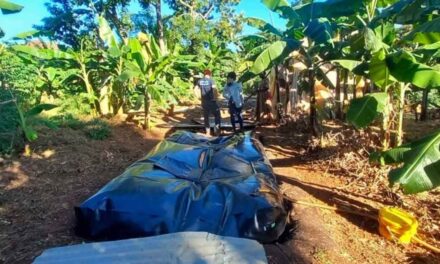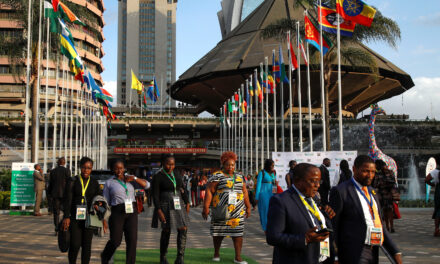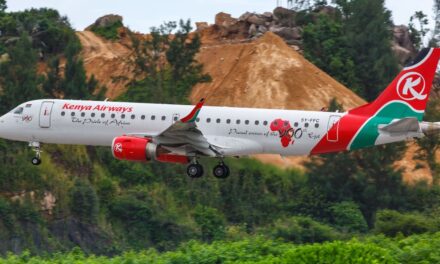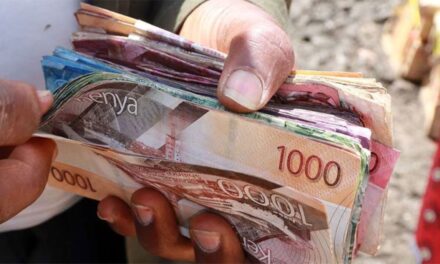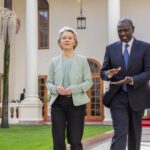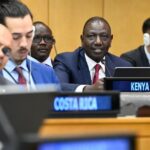
Ruto’s Diplomatic Quagmire Over Kosovo Ties
Posted by Mwangi Maina | Sep 18, 2023 | DIPLOMATIC DILEMMA


Kenya finds itself in a precarious diplomatic dilemma this week following a Monday meeting between President William Ruto and his counterpart from Kosovo, Vjosa Osmani, on the sidelines of the United Nations General Assembly in New York.
Ruto, who is in the US for the high-stakes multilateral assembly, used the occasion to express Kenya’s appreciation for the collaborative initiative led by the European Union and the United Nations aimed at finding a lasting solution to the Kosovo-Serbia conflict.
In his statement, President Ruto voiced optimism about the potential for a mutually beneficial resolution for both Kosovo and Serbia, emphasizing that Kenya fully supports this diplomatic effort.
However, it’s his choice of words and actions during this meeting that have raised eyebrows and could plunge Kenya into a diplomatic quagmire.
President Ruto publicly referred to Kosovo as a “country” and extended formal recognition to Vjosa Osmani as the President of Kosovo. This seemingly harmless gesture carries major diplomatic weight and could place Nairobi in an uncomfortable position, especially with Belgrade.
https://x.com/WilliamsRuto/status/1703838584426426719?s=20
For context, Kenya has historically refrained from recognizing Kosovo as an independent state and has consistently supported Serbia’s territorial integrity over Kosovo. This meeting, the first of its kind between a Kenyan head of state and a leader from Kosovo, could be seen as a dramatic shift in Kenya’s foreign policy.
Interestingly, this meeting did not occur in isolation. In March this year, former Kosovo President Behgjet Pacolli made a somewhat low-profile visit to Kenya, meeting President Ruto at State House Nairobi.
During their private meeting that was not publicized by the presidential team, it appears that importantdecisions were made behind closed doors, and the country wasn’t informed.
In a confidential letter dated March 13, seen by Kenyan Foreign Policy, President Ruto informed Pacolli, the third President of Kosovo of Nairobi’s decision to recognize Kosovan passports. This move, though not widely publicized at the time, marked a significant step in formalizing diplomatic ties between Kenya and Kosovo.

However, recognizing Kosovo’s passports is not a mere administrative decision; it carries substantial diplomatic consequences. It directly challenges Kenya’s historical alignment with Serbia, a nation that established diplomatic relations with Kenya shortly after its independence in 1963.
This long-standing relationship between Kenya and Serbia adds an extra layer of diplomatic complication to the situation, and the Belgrade government is unlikely to take Kenya’s shift in policy lightly.
Kenyan Foreign Policy has also learned that Nairobi, had communicated its stance to Serbia in January of the same year. This communication, unequivocally conveyed Kenya’s refusal to recognize Kosovo’s independence.
The diplomatic note was sent by the Ministry of Foreign and Diaspora affairs in response to Belgrade’s congratulatory message, which Serbia had sent to commemorate Kenya’s Independence Day, held on December 12 2022.
Kosovo declared itself independent 15 years ago from Serbia.
Serbia doesn’t recognize Kosovo’s statehood. Neither does Russia, or China.
Russia, an ally of Serbia, has vetoed Kosovo’s membership at the United Nations. Only ten of the 54 African countries that are members of the United Nations recognize Kosovo’s independence.
Your support empowers us to deliver quality global journalism. Whether big or small, every contribution is valuable to our mission and readers.
